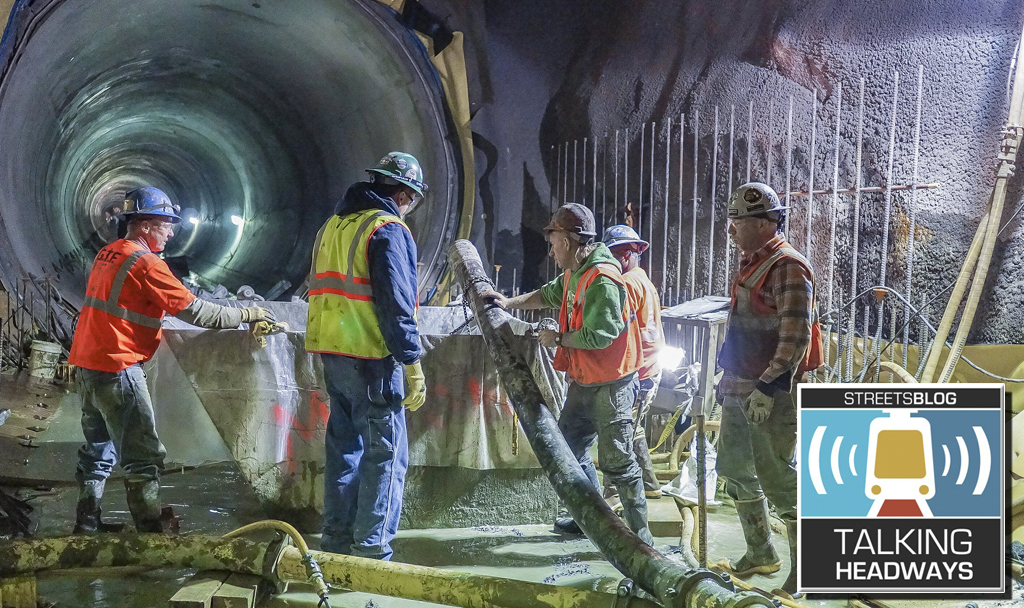Michael Andersen blogs for The Green Lane Project, a PeopleForBikes program that helps U.S. cities build better bike lanes to create low-stress streets.
Almost as soon as PeopleForBikes selected its first six Green Lane Project focus cities, we started hearing from their staffers that they wanted to better understand how the values of diversity and equity -- of race, of ethnicity, of class -- could improve their work to make bicycling mainstream.
The four of us on the Green Lane Project team share those values. But we're not diversity or equity experts; we're infrastructure experts.
So, to help city staffers and advocates across the country think about these issues, we've teamed up with the Alliance for Biking and Walking and spent the last eight months talking to people who live and breathe this work: people like Nedra Deadwyler, an Atlanta business owner working to make her street's stoops and sidewalks places for social gathering, or Jocelyn Dicent, a teen activist working to reconnect New York City's Rockaway Peninsula so she and her friends can get to school safely.
Today, we're releasing what we've learned.
Building Equity: Race, Ethnicity, Class and Protected Bike Lanes is a 36-page "idea book for fairer cities," and it has three main ingredients:
- Profiles of 10 very different people of color from around the country who are, for diverse reasons, advocating for protected bike lanes in their communities.
- Data-rich explorations of the role protected bike lanes have played in advancing equity in Colombia, Denmark and China.
- A collection of statistics, new and old, about the intersections of race, ethnicity, income and bike infrastructure, including some from a major new statistically valid survey of U.S. biking habits.
We were guided in this project by a review committee of eight transportation equity experts from around the country who work in city government, transportation consulting, advocacy and academia. We were also inspired by, and aimed to keep building on, the groundbreaking work of our friends at the League of American Bicyclists.
We hope this report can be a tool to help people of every stripe advance their thinking about equity, diversity and their connection to urban infrastructure.
In the words of Memphis Mayor A C Wharton, every neighborhood should have protected bike lanes because bicycling is "for everybody, in every neighborhood." Without fair and equitable distribution of protected bike lanes, safer street design could actually deepen inequalities by leaving some communities behind.
Like the city officials who helped inspire this project, we're committed to using these tools in ways that advance equity, social justice and the many other wonderful things that excellent biking can help bring to a city.
You can download the idea book for free or contact info@greenlaneproject.org to receive one or more copies by mail. And stay tuned to the channels below: over the next few weeks the Green Lane Project will be sharing more of the ideas and stories from the idea book here on our site.
You can follow The Green Lane Project on LinkedIn, Twitter and Facebook or sign up for its weekly news digest about protected bike lanes.






